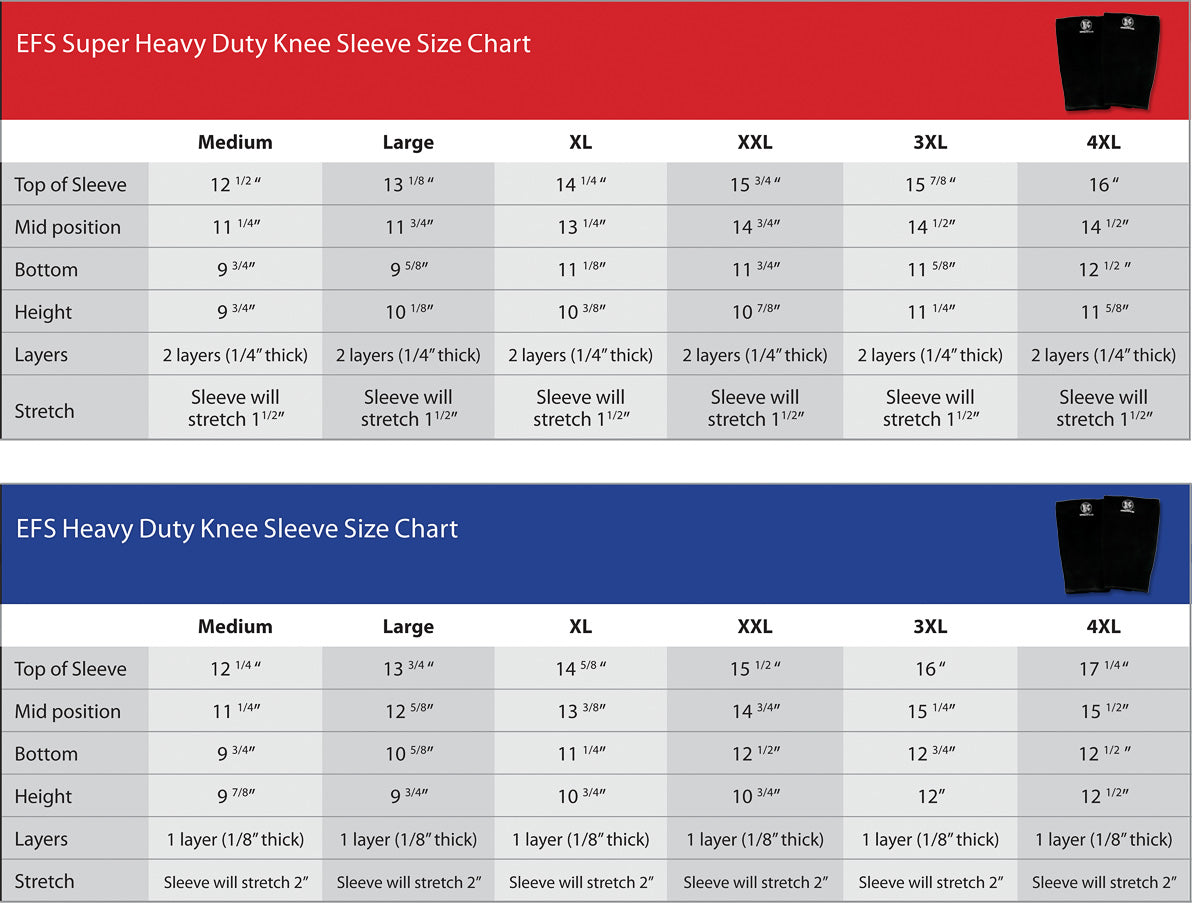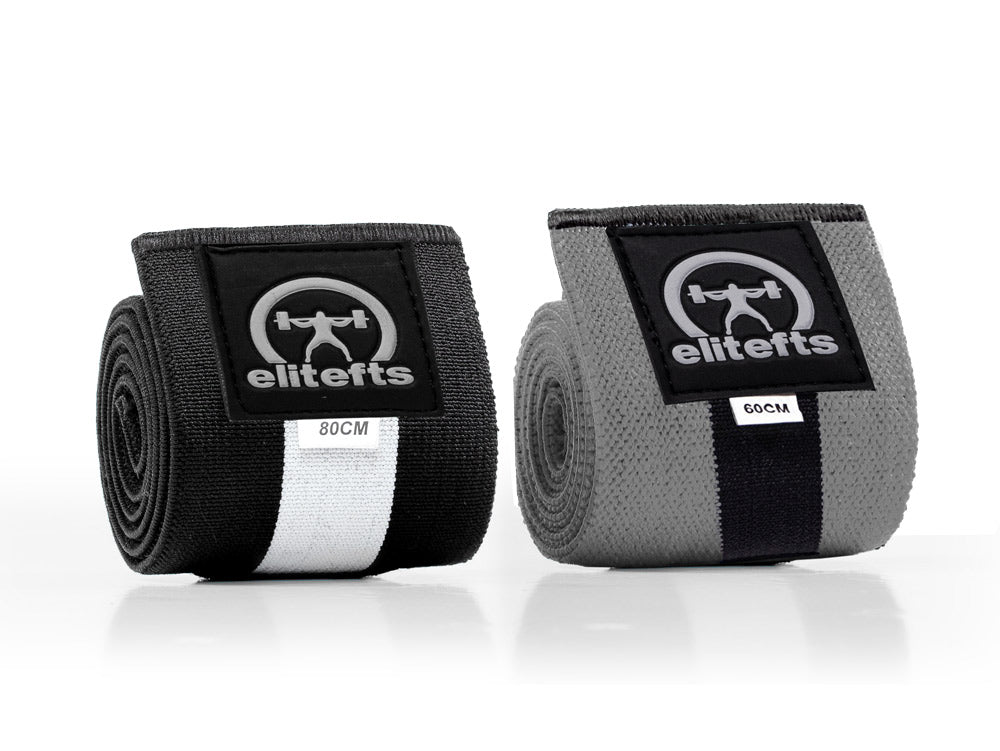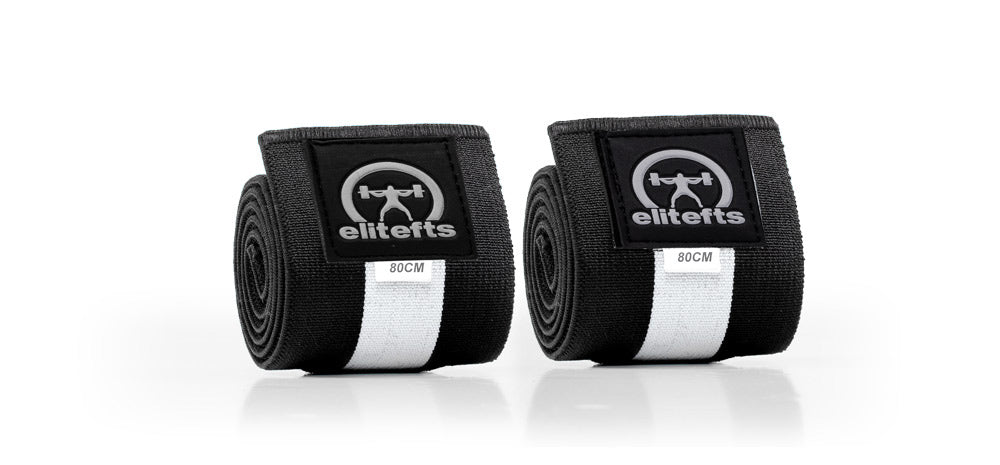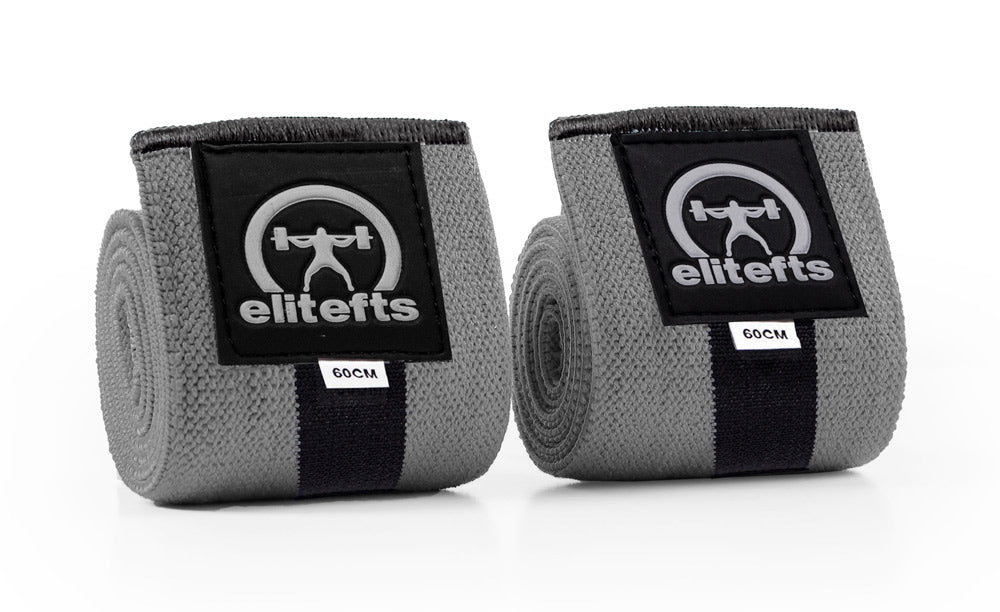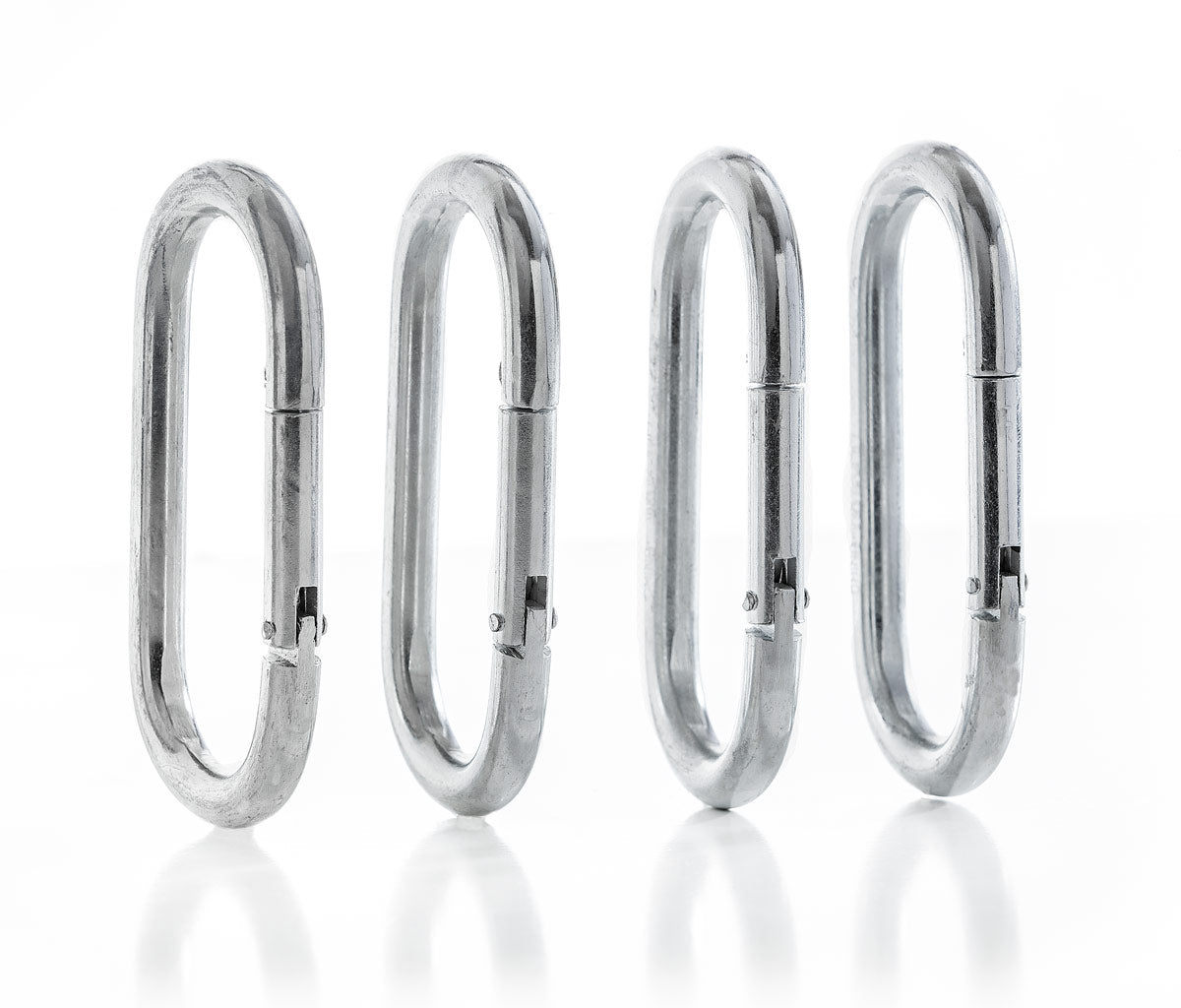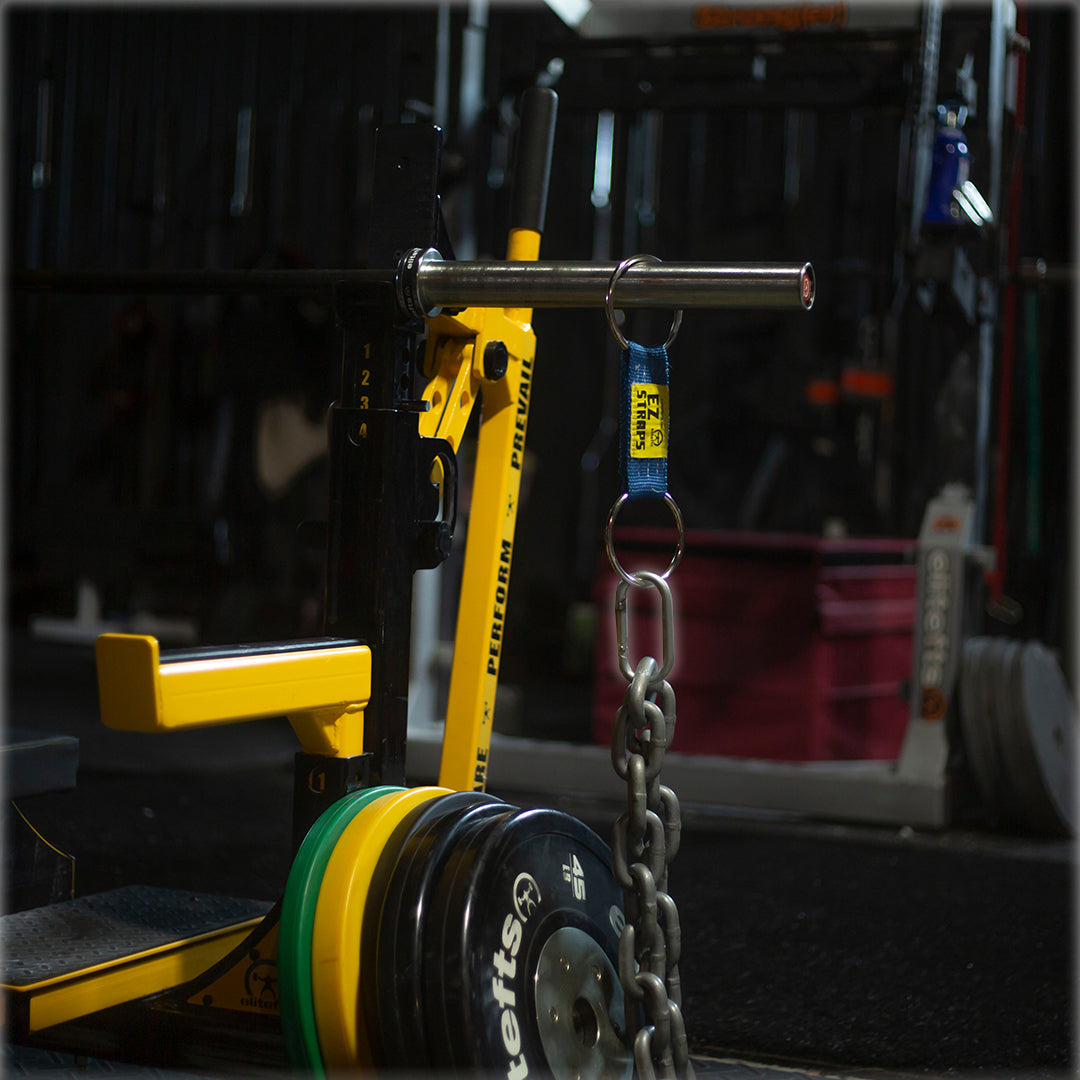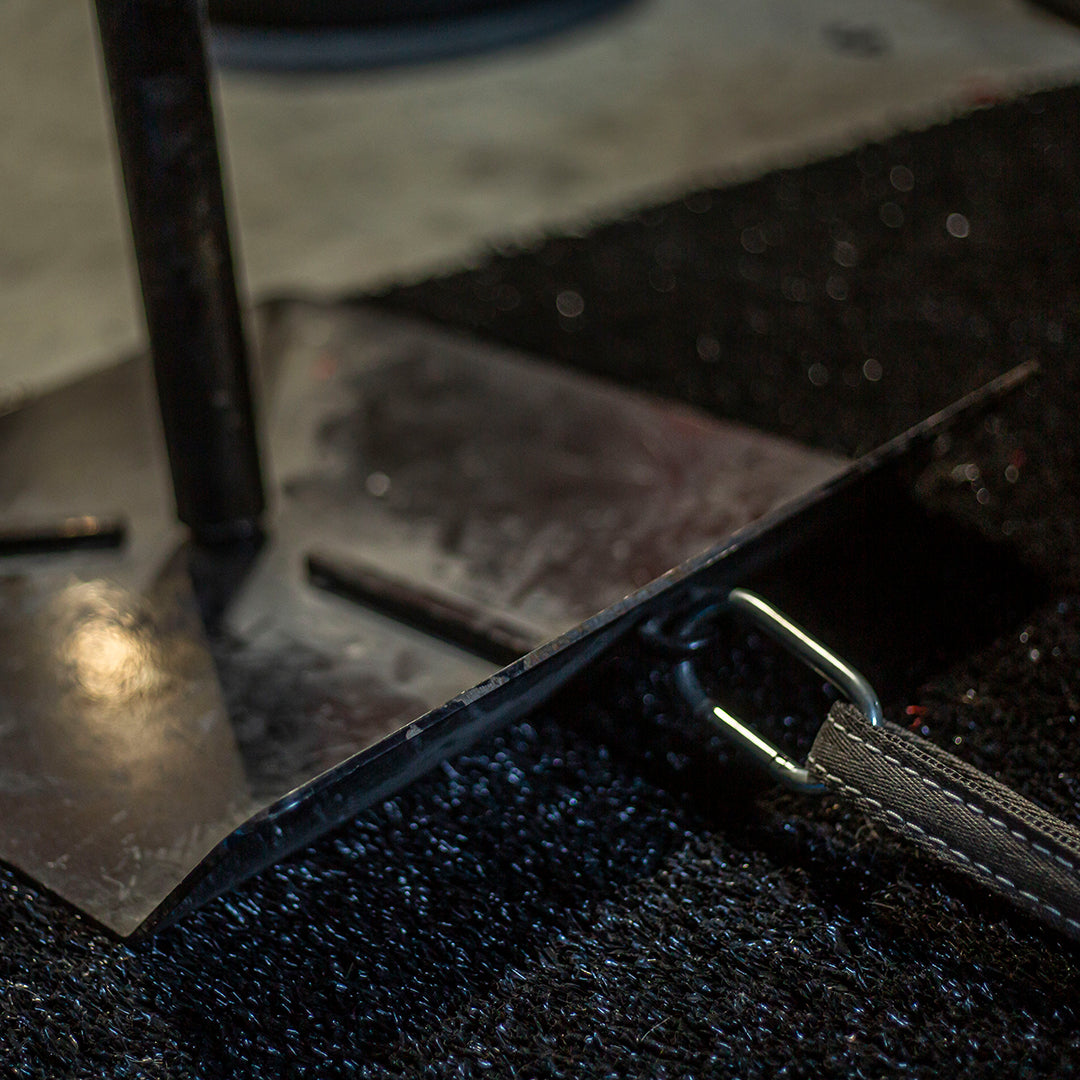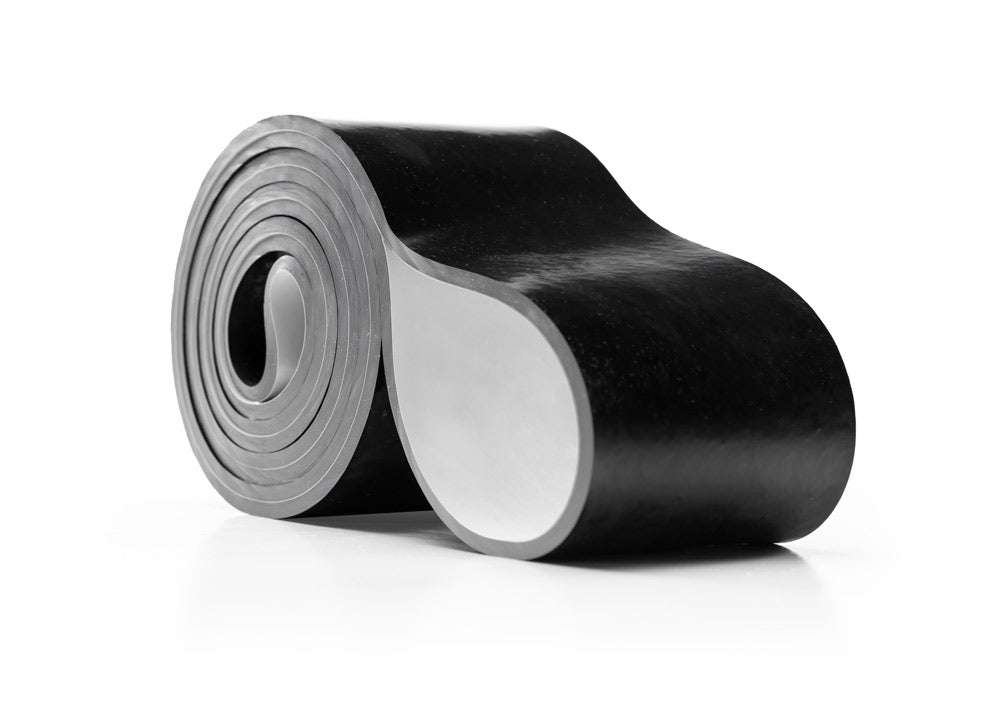I have to admit something to everyone. Sometimes, when I program, I just put things in to see if people can handle it. There is still a sound scientific reason behind putting it in but I still like to push people’s limits. In my head it goes something like, “If they live through this, they’re gonna make great progress.” Sometimes I’ll like it so much I’ll keep trying it in different variations or I’ll put it in other client’s programs and sometimes I’ll forget about it and remember it down the road and surprise folks with it again. Here is something I pulled out of the archives for everyone to try: barbell conditioning.
The concept came from needing to get my powerlifting team to build up some aerobic capacity quickly during a training block. I didn’t want to program in cardio machine work because I knew they wouldn’t do it and I didn’t want to program typical “finisher” exercises like tire flips and sledgehammer work because I wanted it to be strictly aerobic. We only had one sled at the time so I couldn’t program in sled work because we had 20 lifters and only one sled. The end results was something they could do in a big group that was aerobic in nature and still had some technique carry over to the main lifts.
MORE: Strength Progressions for Beginner and Intermediate Lifters
The concept is simple: Put 25% of your raw (unwrapped) max on the bar and do a set every 15 seconds. Focus on quality technique and staying tight the entire time. You will do this on the squat, the bench, and the deadlift. Depending on how your training is set up, you can do each on a different day or all together on a single day. The first week you will do six minutes of each lift, week two you will do eight minutes, week three you will do 10 minutes, and week four you will do 12 minutes.
The total volume is not that high; 24 up to 48 total reps, but the key is to focus on keeping quality technique the whole time and you want to try your best not to rack the bar between reps. For deadlifts, you want to try to hold the bar at the lockout between reps then put it back down, reset and pull. If you need to re rack or wear straps for deadlift, that is fine. Just try to do as much as you can before doing so. On squats, keeping your arms on the bar the whole time can be really tough, especially if you’re a bigger guy or have tight shoulders. In this case, you can try to just rack every fourth rep or use a yoke bar.
I wouldn’t do this right after a contest, as you need some time away from the bar. But if you’d like to work some conditioning and technique work back into your training without putting heavy weight on the bar, this can be a great way to do so. You can also play around with the intensity and rest intervals to fit more of what you’re looking for. Want to work a bit more anaerobic endurance? Bump the percentage up to 50% and shorten the total time frame a bit to around three to five minutes while focusing on exploding as fast as possible on each rep. If you’re looking to work more lactic conditioning, bump the reps up and drop the rest interval and make it more like a tabata session.
You can take this concept and apply to other exercises as well. I’ve had college athletes work to build their aerobic conditioning doing machine based movements for one minute straight in a circuit fashion, one minute on and one minute off. The major point is that you don’t have to relegate yourself to the cardio machines to do aerobic work. You can get a great aerobic effect using resistance based movements as well. Play around with it and let me know what you think in the comments section.














































































